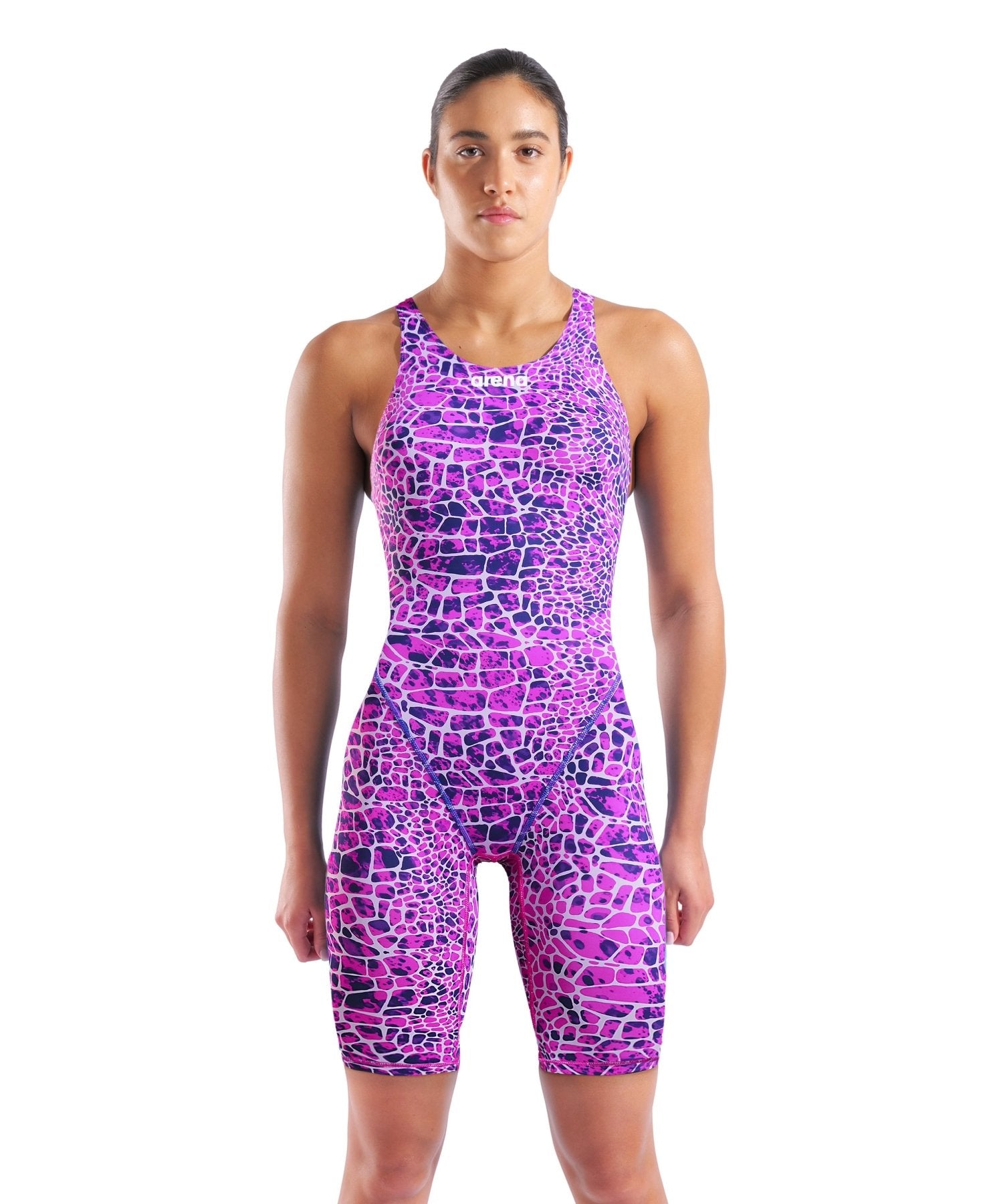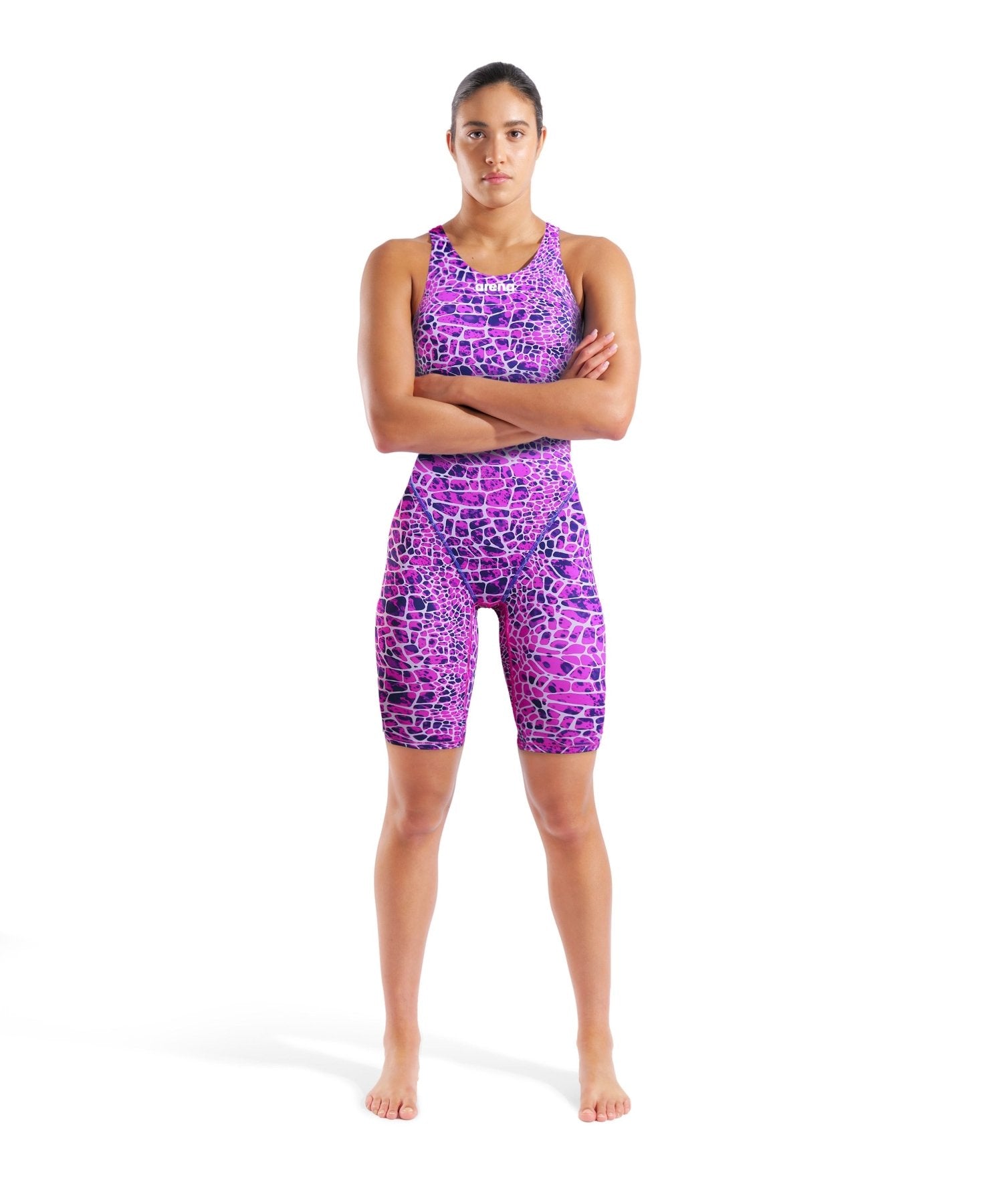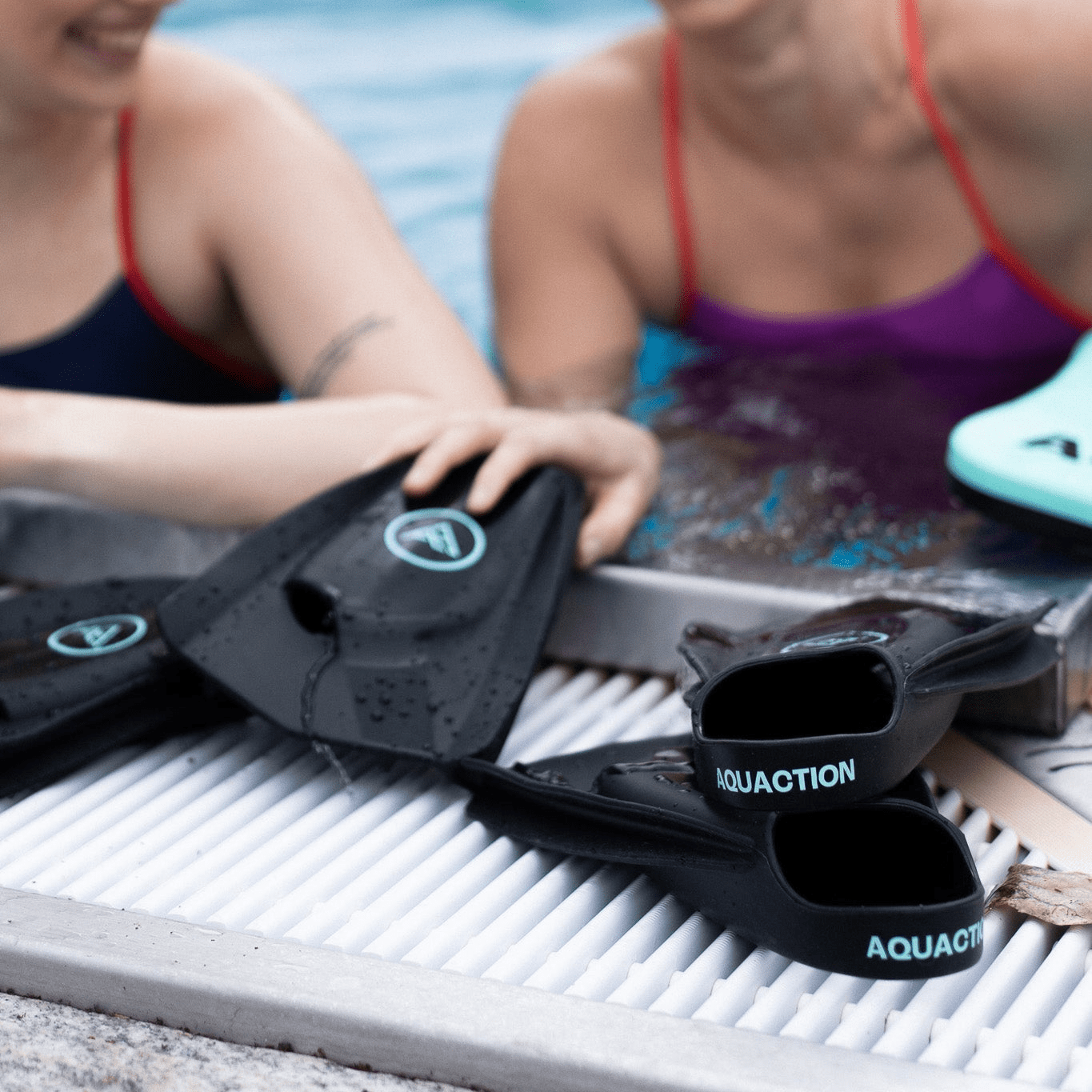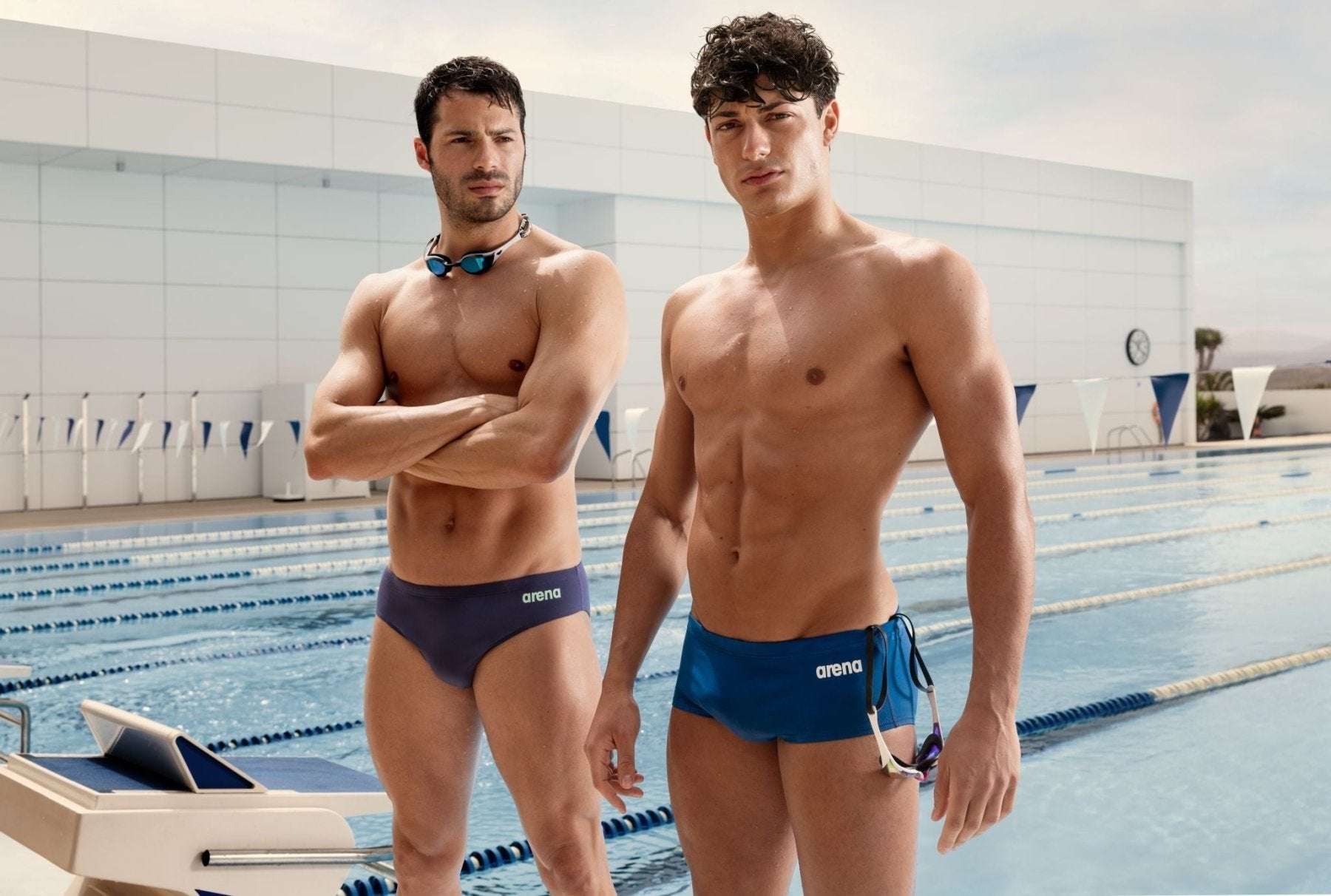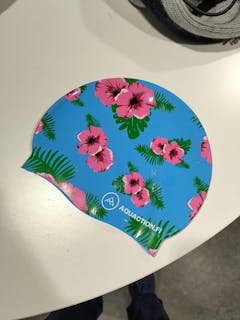Carbon Glide women's racing suit, black
Choose your option
Carbon Glide women's racing suit, closed back, black
Choose your option
Carbon Glide women's racing suit closed back, blue
Choose your option
Carbon Core FX women's racing suit, black
Choose your option
St Next Classic Suit women's racing suit, black
Choose your option
Choose your option
Powerskin St Next Ob women's racing suit, navy blue
Choose your option
St Next Ob women's racing suit, red
Choose your option
St Next Le Ob Women's Racing Suit, Leopard Skin Geranium
Choose your option
St Next Le Ob women's racing suit, Splashy Multicolor
Choose your option
Fastskin LZR Pure Valor 2.0 women's racing suit, black
Choose your option
Fastskin LZR Pure Valor 2.0 Women's Open Back Racing Suit, Black
Choose your option
Fastskin LZR Pure Intent 2.0 women's racing suit, black
Choose your option
Fastskin LZR Pure Intent 2.0 Women's Open Back Racing Suit, Black
Choose your option
Fastskin LZR Pure Intent Women's Racing Suit, Black
Choose your option
Fastskin LZR Pure Intent 2.0 Openback Kneeskin Women's Racing Suit, Arctic Glass
Choose your option
Fastskin LZR Pure Intent women's racing suit, purple
Choose your option
Fastskin LZR Pure Intent women's racing suit, purple-red
Choose your option
Fastskin LZR Ignite Kneeskin Women's Race Suit
Choose your option
Fastskin HyperSpark Solid Openback Kneeskin women's racing suit, blue
Choose your option
St Next Le Ob Women's Racing Suit, Snake Pink
Choose your option
Fastskin LZR Pure Valor 2.0 Cb women's racing suit, grey
Choose your option
Fastskin LZR Pure Valor 2.0 Ob women's racing suit, black-multicolor
Choose your option
Frequently Asked Questions (FAQ) – Women's Competition Swimsuits
What does Fina approved mean?
What does Fina approved mean?
It means that the suit has been tested and approved for competition use according to the rules of the International Swimming Federation. The suit must have a visible FINA logo or QR sticker.
What is the difference between a competition swimsuit and a regular training swimsuit?
What is the difference between a competition swimsuit and a regular training swimsuit?
Competition swimsuits differ from training swimsuits in several ways:
- The materials are more technically advanced, for example, lower water absorption, better compression and less water resistance.
- The cut is often tighter and the swimmer wears the suits less frequently in competition than in training (the amount of use can affect the suit).
- Training suits are often more comfortable, easier to put on, and more durable for daily use – but they may not be approved for official competitions.
- The competition swimsuit has a mark of approval (FINA/World Aquatics) and meets more specific technical criteria.
How useful is a competition uniform?
How useful is a competition uniform?
The benefits of a competitive swimsuit vary greatly depending on the swimmer's body structure and muscle mass, as compression suits are based on these characteristics. A strong, muscular swimmer may get more support from the suit. Similarly, swimmers with naturally lower buoyancy may benefit from the additional support provided by the suit in the water.
However, it is important to remember that a suit that is too tight will not improve performance. When the material stretches too much, its compression no longer works properly, and at the same time the risk of the suit tearing or wearing out faster increases.
The fabrics of racing swimsuits have significantly less water resistance than human skin, which improves glide and speed in the water. The fact that the legs of racing swimsuits extend further, especially in women's models, can provide a small but significant additional advantage in a competitive situation.
How tight should a competition swimsuit fit? How do I choose the right size?
How tight should a competition swimsuit fit? How do I choose the right size?
Choose your size according to the product size chart. Measure all dimensions carefully and remember to always use new measurements when purchasing a swimsuit. Also consider the compression levels between models. A suit with a higher compression will feel significantly tighter than a model with less or no compression in the same size.
If your measurements fall between two sizes, it is usually best to choose the larger option. The hip circumference in particular is a crucial measurement, as this is where the fabric of the suit stretches the least.
A competition swimsuit should fit very tightly. Any compression will reduce water resistance and help the muscles get more oxygen.
A suit that is too tight can restrict movement and breathing, so it is important to test the suit beforehand and make sure you can move normally, with almost no disturbing pressure.











































